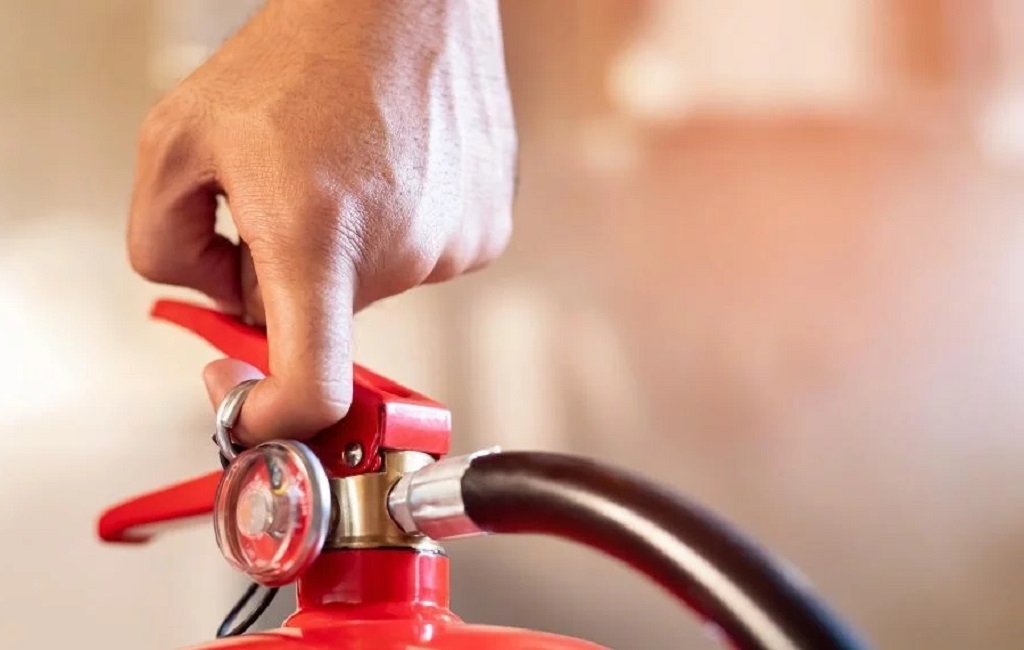Fire protection contractor insurance is critical for businesses that install, repair, and maintain fire suppression systems. It provides financial protection against claims for legal defense costs, settlements, and accident awards.
It also offers business interruption coverage to cover lost income if your operations are interrupted by property damage, like a fire. It’s important to choose actual cash value versus replacement cost coverage.
General Liability
The work of a fire protection contractor can be dangerous and complicated. For example, if a client suffers damage due to the equipment you are installing, insurance for fire extinguisher contractors can help pay their damages. In addition, if your employees are injured while working at a client’s site, workers’ compensation insurance can pay for medical expenses. In the case of a fire, a property damage policy pays for the restoration and replacement of your business’s property and inventory. It also protects you from legal action by third parties who have suffered damages due to your company’s work. Other industry-specific and general business insurance needs that should not be neglected include commercial umbrella insurance, workers’ compensation, and tools coverage. Additionally, if you manufacture/fabricate fire detection and suppression products, you may want to add completed operations coverage to your business insurance. This offers protection if your products are defective or fail to perform correctly after installation.
Business Interruption
Business interruption insurance compensates for your losses due to a disruption in your normal operations. These policies typically pay for lost income, rent for a temporary location and other expenses like utility bills. They also cover payroll and expenses incurred while preparing to reopen your company. This type of insurance is often bundled with general liability and property insurance into a business owner’s policy but can also be purchased separately. The cost of this coverage depends on the value of your commercial property and what perils are included in your policy. To qualify for a business interruption policy, your company must have suffered significant financial loss due to the covered peril that forced you to close your business. You must lose complete access to your property for the policy to kick in. Short and partial interruptions are not usually covered, so ensure the peril is severe enough to trigger your business interruption insurance.
Property Damage
Fires don’t just destroy property; they also damage third parties’ property. Having commercial property damage insurance can protect you from being held responsible for this damage and potentially having to pay out of pocket.
Commercial property insurance also covers the cost of mitigating damage after a fire. This may include paying firefighters to clean up after the fire, boarding up the property so it doesn’t continue to burn and covering any equipment or inventory damaged by the flames. If you are a sprinkler installation company, your policy should include additional coverage for your tools and other materials used to perform your services. This coverage is known as tool and equipment coverage. Additionally, consider getting actual cash value (ACV) rather than replacement cost coverage for your equipment and supplies. This will help you get back the original purchase price of your gear if a covered peril, like fire, damages it.
Employee Dishonesty
Workplace crime is a major concern for business owners because it’s estimated that employee theft accounts for 90% of significant loss-related incidents. Employee dishonesty coverage, typically offered as a component of commercial crime insurance or a fidelity bond, can help protect businesses from the financial consequences of this type of loss. This policy safeguards industries against most forms of employee theft, including the theft of cash and securities and the wilful destruction of property. However, it does not normally provide coverage for inventory losses. It’s important to speak with an experienced insurance broker about your specific risks to obtain the appropriate levels of coverage. Ensure that your employees know that it’s critical always to be cautious when working around a fire and that they should never hesitate to call the fire department if there’s any doubt about safety.


